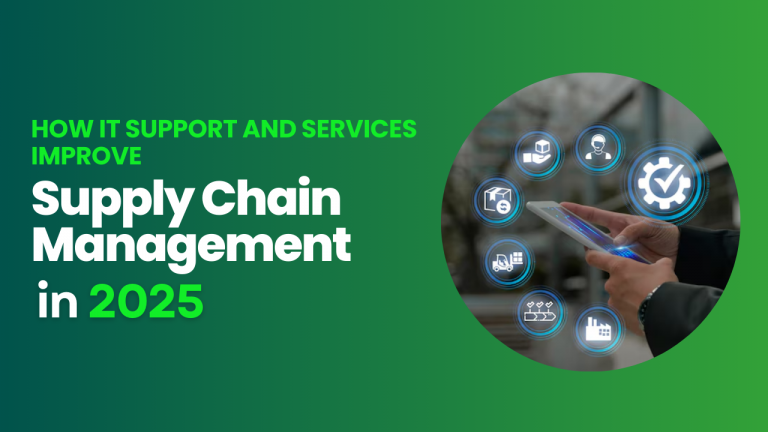Are Mobile Payment Apps More Secure Than Credit Cards?
The Rise of Mobile Payment Apps and Security Concerns
In today’s digital world, mobile payment apps have transformed the way people make transactions. Whether you’re buying groceries, booking a hotel, or shopping online, these apps offer a fast and convenient way to pay. Instead of carrying cash or swiping a card, users can simply tap their phone or scan a QR code to complete a transaction.
However, as digital payments become more popular, concerns about security have also increased. Many users wonder: Are mobile payment apps really safer than traditional credit cards? With cyber threats on the rise, businesses and consumers want to ensure their financial data stays protected. In this blog, we will compare mobile payment apps and credit cards to understand which offers better security.
Understanding Mobile Payment Security Features
How Mobile Payment Apps Protect Transactions
Mobile payment apps come with advanced security features designed to keep transactions safe. Here’s how they work:
- Encryption & Tokenization: These technologies protect sensitive information by converting payment details into unique codes that hackers can’t use.
- Biometric Authentication: Many apps require fingerprint scans or facial recognition before authorizing payments, making it harder for fraudsters to access accounts.
- Fraud Detection & Real-Time Alerts: Mobile payment apps use AI to detect suspicious activity and send instant alerts to users.
- Limited Card Exposure: Unlike credit cards, mobile wallets don’t share actual card numbers with merchants, reducing the risk of data breaches.
Credit Card Security: How It Compares to Mobile Payments
Credit cards have been around for decades and have evolved with new security features, but they still have certain vulnerabilities.
How Credit Cards Protect Users
- EMV Chip Technology: This chip encrypts data, making it harder for hackers to clone cards.
- Fraud Protection & Chargebacks: Most banks offer fraud protection and allow users to dispute unauthorized transactions.
Common Credit Card Security Risks
- Card Skimming: Hackers can steal card information using small devices at ATMs and gas stations.
- Phishing Scams: Fraudsters trick users into sharing credit card details through fake websites and emails.
- Data Breaches: If a retailer’s system is hacked, stored credit card details can be exposed.
Despite these protections, credit card fraud remains a serious issue, which is why many businesses are switching to mobile payment solutions for better security.
How App Developers Malta Team Ensures Secure Mobile Payment Solutions
Our app developers Malta team have wide expertise in developing secure mobile payment apps. These professionals:
- Implement multi-layered security like end-to-end encryption and fraud detection systems.
- Use AI-driven threat monitoring to detect suspicious activity and block fraudulent transactions.
- Conduct regular security updates and patch vulnerabilities to prevent cyberattacks.
Ensuring Compliance with Payment Security Standards
To maintain security, mobile payment apps follow strict global regulations, including:
- PCI-DSS Compliance: Ensures that all card transactions meet industry security standards.
- GDPR Compliance: Protects user data and ensures privacy in digital transactions.
Mobile Payment Apps vs. Credit Cards: Key Security Advantages
Why Mobile Payment Apps Are More Secure Than Credit Cards
- Dynamic Encryption: Every transaction generates a unique code, making it nearly impossible to intercept.
- Enhanced Authentication: Fingerprint scans, Face ID, and PIN verification add extra layers of security.
- No Direct Card Exposure: Mobile wallets replace real card numbers with encrypted codes, reducing the risk of fraud.
Limitations and Risks of Mobile Payment Apps
While mobile payment apps offer strong security, they are not completely risk-free. Some potential concerns include:
- Hacking & Account Takeovers: If a user’s phone is compromised, hackers may try to access payment apps.
- Weak Passwords & Phishing Attacks: Users who set weak passwords or fall for scams may expose their financial data.
To reduce these risks, businesses should partner with mobile app development Malta experts to build secure apps with fraud prevention features.
Real-World Insights: How Businesses Are Using Secure Mobile Payment Systems
Businesses across different industries are rapidly adopting mobile payment apps to enhance security and improve customer experience. Here are some examples of how these solutions are being used:
- E-Commerce & Contactless Payments: Online retailers are integrating mobile payment apps with real-time fraud detection and tokenization. This helps reduce fraudulent transactions and builds customer trust by ensuring their payment details remain secure.
- Hospitality & Travel Industry: Hotels and travel companies are implementing mobile payment solutions for bookings, in-room services, and contactless check-ins. With AI-driven fraud detection, they can prevent unauthorized transactions and enhance security for their guests.
- Retail & In-Store Transactions: Many retail stores have started using NFC-based mobile payments, allowing customers to pay without swiping their cards. This minimizes card fraud risks and speeds up checkout times, providing a seamless shopping experience.
By integrating secure mobile payment systems, businesses can not only protect customer data but also streamline transactions, making payments more efficient and secure.
Conclusion: Are Mobile Payment Apps the Future of Secure Transactions?
When it comes to security, mobile payment apps offer stronger protection than traditional credit cards. With encryption, biometric authentication, and real-time fraud detection, they make digital payments safer and more convenient.
So, are mobile payment apps the safest choice for businesses and consumers? The answer is yes. As technology advances, mobile payments will continue to provide a secure and efficient way to pay, making credit card risks a thing of the past.
You can also know about “The Role of Mobile Payment Security in both iOS and Android“






